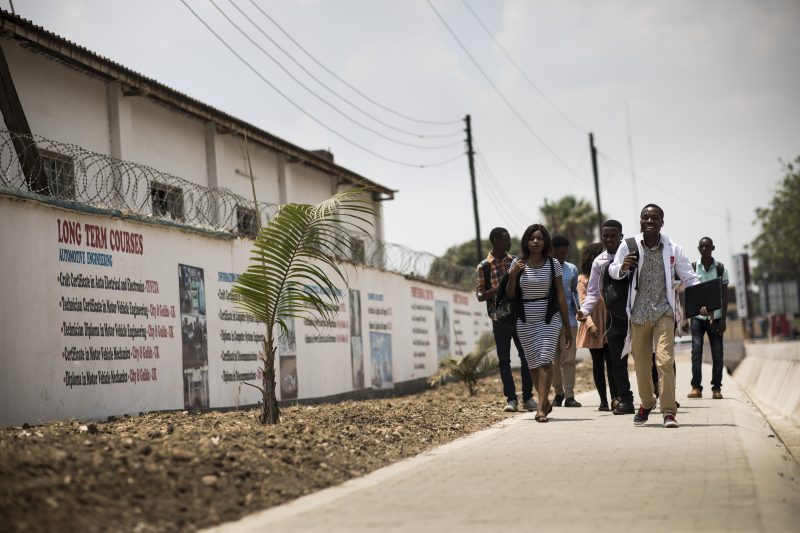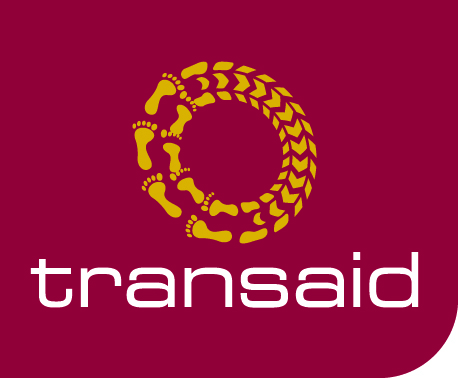
Transaid begins safe walking study in Cape Town and London
Transaid is to begin a 10-month project which aims to better understand the strategies young men implement to keep themselves safe while walking to public transport in low-income areas, including possible impacts on employment and wider well-being.
In a first for the international development organisation, which works to transform lives through safe, available, and sustainable transport, the research will be carried out in both Cape Town (South Africa) and London (UK), enabling direct comparisons to be drawn between the Global South and Global North.
The study is a continuation of Transaid’s partnership with Durham University, with additional resource being provided from the University of the Western Cape. It is being funded by the Gothenburg-based Volvo Research and Educational Foundations (VREF).
Sam Clark, Acting Co-Chief Executive of Transaid, explains: “This work complements our previous research into the challenges faced by young women and girls when accessing public transport; but this time with a focus on exploring the mobility experiences of young men.
“We hope our findings will help contribute to a major research gap and drive the improvement of well-being and employment opportunities.”
A previous three-year project with Durham University looked at the challenges faced by women in a highly gendered transport environment in less accessible parts of three major African cities. Discussions with some of these young women in peripheral Cape Town pointed to the dangers their male companions often faced when returning home in the early morning, having accompanied them to a train, bus, or taxi rank.
Clark adds: “Understanding how young men assess threats when walking the street and the tactics they use to circumvent them, including potential factors such as dress, walking pace, body language and route selection represents a significant research gap we aim to address.”
The project will recruit six young men from each city, aged 18-35 and from low-income communities, and train them on interviewing techniques and how to record their walking experiences. The men will then keep mobility diaries recording their walks between home and the key transport points in their areas, as well as taking part in in-depth interviews with the research team.
Following analysis of the data, Transaid and its two University partners will de-brief the collective findings with local community youth organisations, transport companies, NGOs, local government, unions and police in each city, to explore the potential implications of the project’s findings for further action.
For more information and to find out how you can support the organisation visit www.transaid.org.

Comments are closed.
